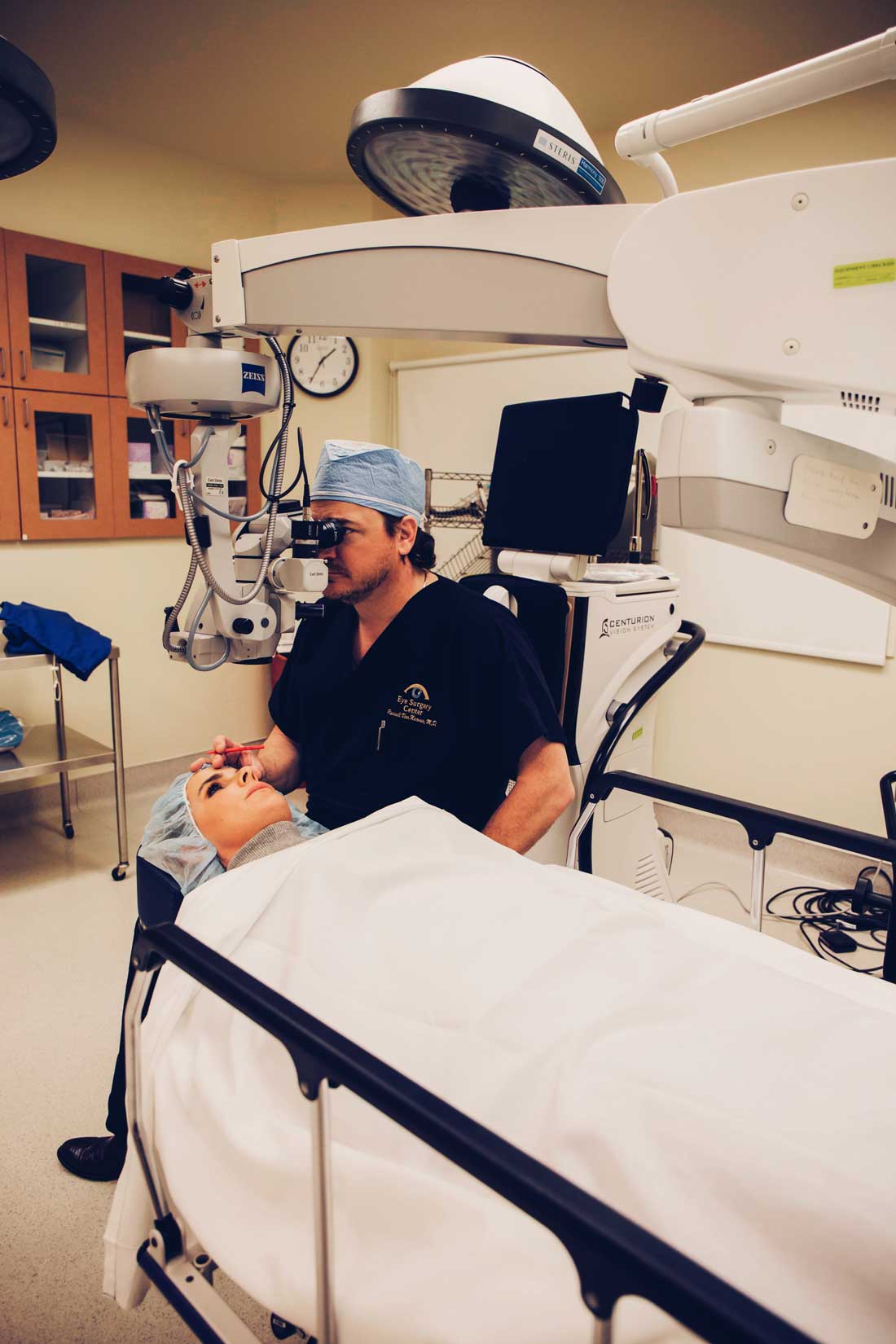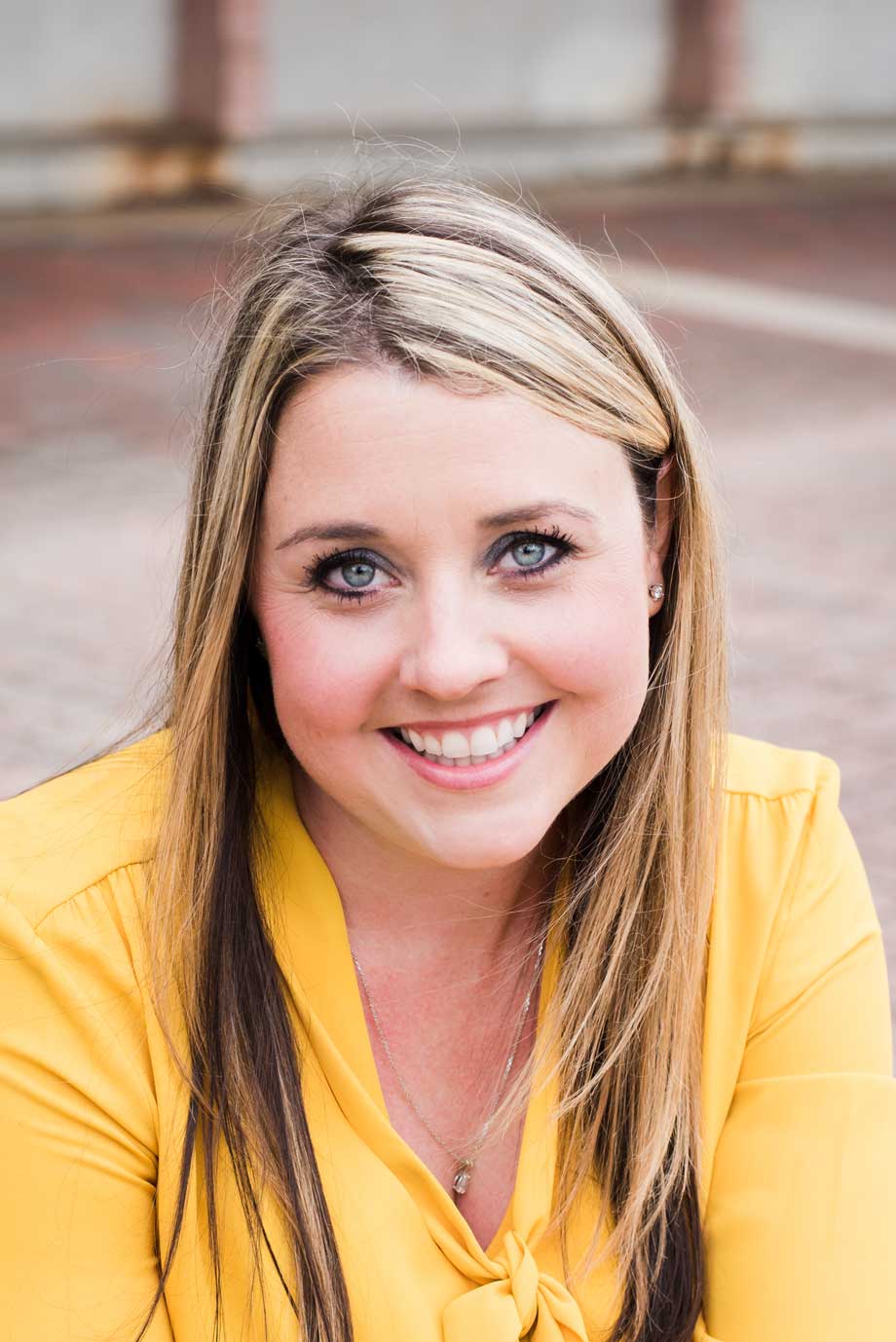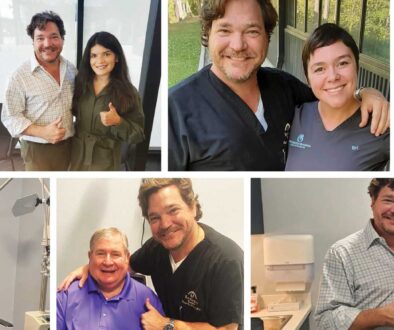The Complete Guide to Eye Physicians and Surgeons
Introduction: What Do Eye Physicians and Surgeons Do?

Eye physicians and surgeons are medical doctors that specialize in diagnosing and treating eye conditions.
They also provide pre-operative care to patients who are getting surgery for eye problems.
Eye physicians and surgeons need to have a good understanding of the anatomy of the eye, how it functions, and what happens when there is a problem.
They also need to be skilled at using diagnostic equipment like an ophthalmoscope to examine the eye.
What a Typical Day in a Practice of an Eye Physician Looks Like?

A typical day for an eye physician is filled with a lot of patient care.
They do everything from diagnosing and treating retinal diseases, to prescribing glasses and contact lenses.
Eye physicians also specialize in the treatment of glaucoma, cataracts, dry eyes, diabetic eye disease, age-related macular degeneration, and other ophthalmic conditions.
They are involved in medical research to develop new treatments for these conditions.
Eye physicians also work with optometrists to diagnose and treat eye diseases like myopia (nearsightedness) or astigmatism (blurred vision).
What Does an Eye Physician or Surgeon Need to Know in Their Training?
An eye physician or surgeon needs to know how to diagnose and treat eye diseases, injuries, and disorders.
The field of ophthalmology is constantly evolving with new technology.
It is important for doctors to keep up with the latest developments in order to provide the best treatment for their patients.
Eye surgeons must also be able to perform delicate surgeries on the eyes.
This includes cataract surgery, cornea transplantation, and retinal detachment surgery.
Final Thoughts on Becoming a Successful Eye Doctor or Surgeon
The success of an eye doctor or surgeon is highly dependent on his or her ability to provide the best care and service to their patients.
This includes providing a thorough examination, diagnosing the problem, and then choosing the best treatment option.
Eye doctors also need to be able to communicate with their patients in a way that they can understand.
Doctors must have excellent communication skills in order to help their patients understand what is wrong with them and why they are being prescribed certain treatments.
Doctors should also be able to give accurate diagnoses quickly so that the patient can receive treatment as soon as possible.


